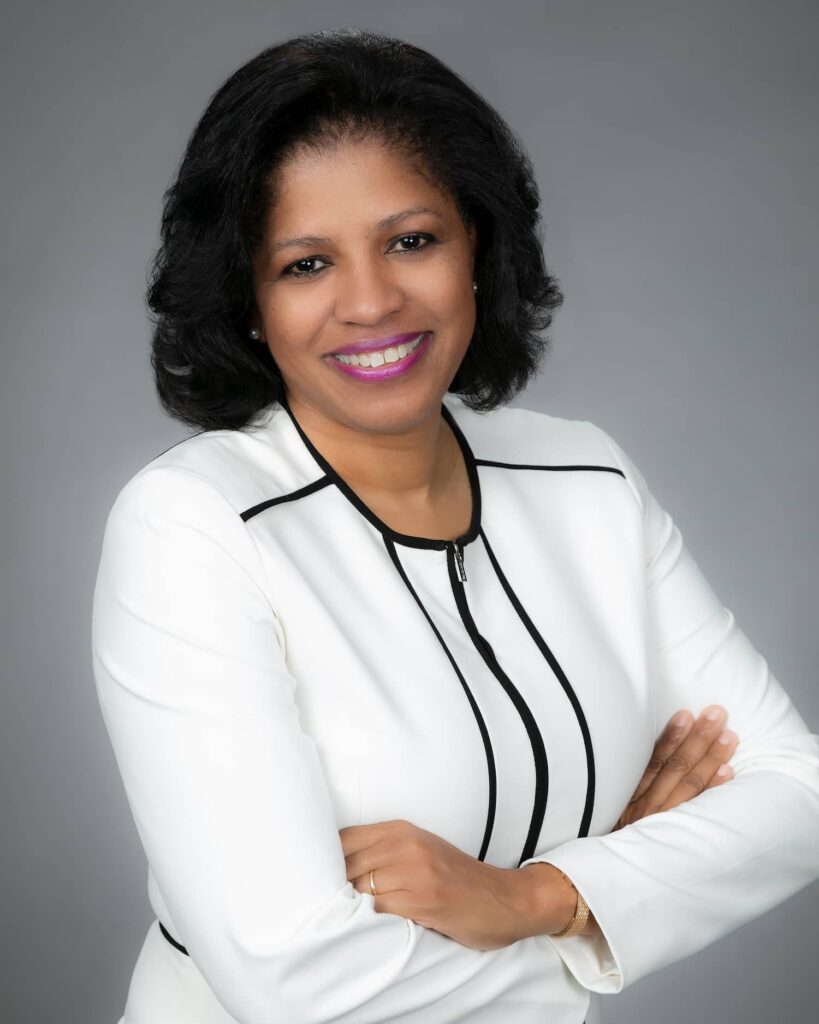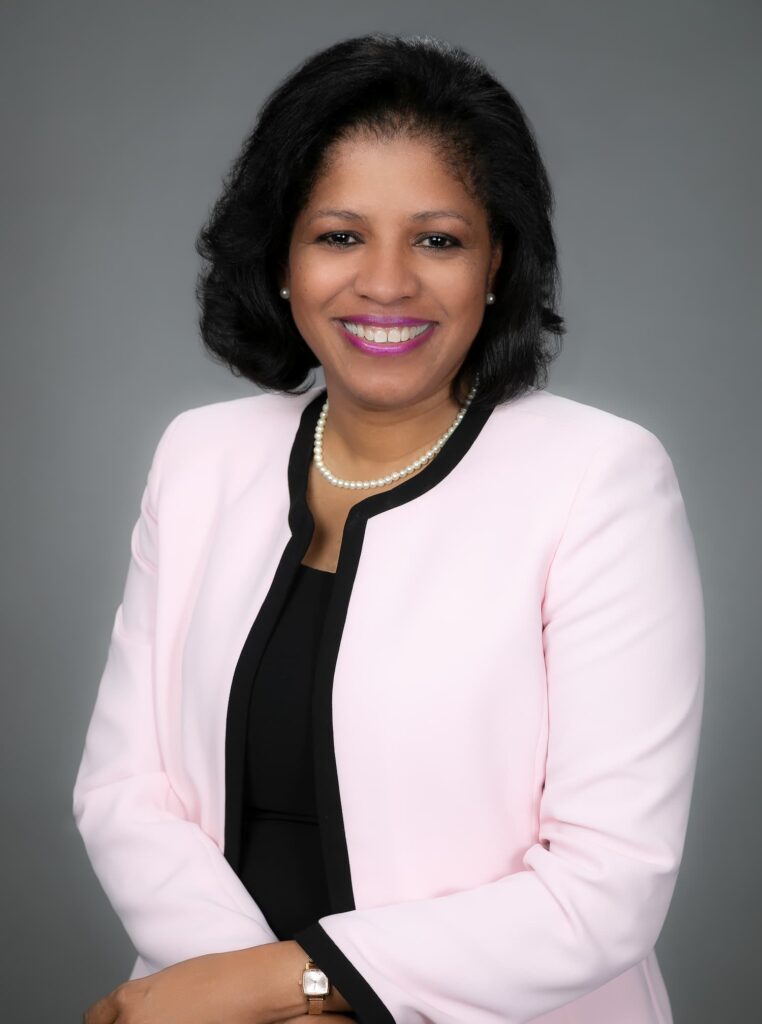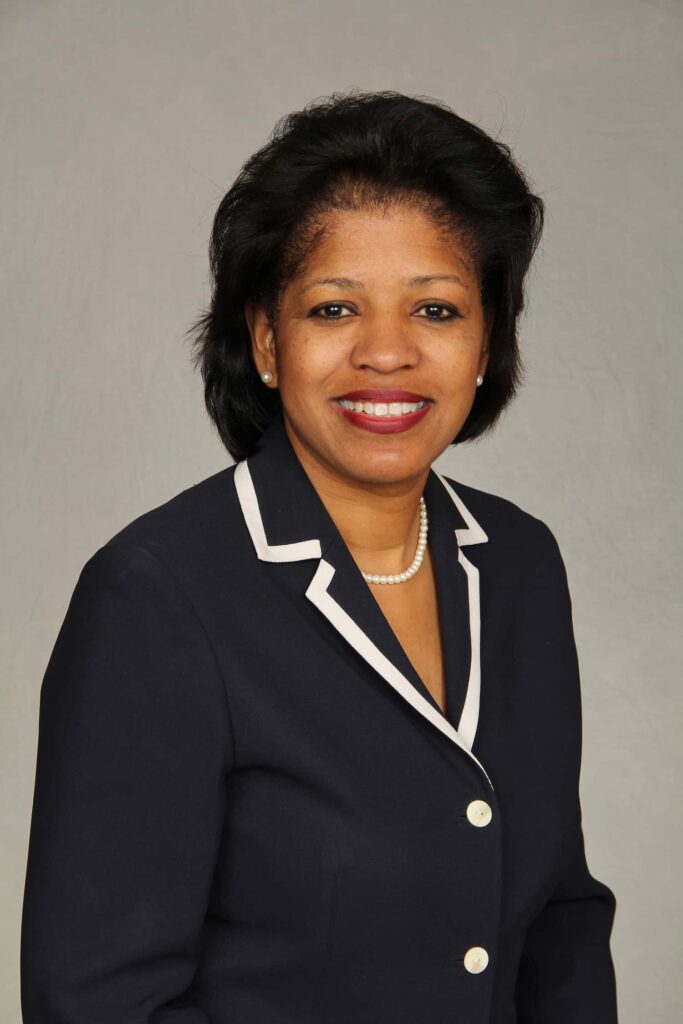
Jennifer Foreman serves as the Chief Human Resources Officer at Charter Schools USA (CSUSA), one of the leading education management organizations in the United States. Based in Fort Lauderdale, Florida, CSUSA operates nearly 154 schools across four states and employs around 9,000 people. Jennifer has held this role since October 2021 and is responsible for overseeing the entire human resources function across the organization. Her work supports both strategic leadership and daily operations in a large, people-driven environment. At EliteX, we are proud to have Jennifer Foreman as part of the edition: Prominent HR Leaders to Follow, 2025.
Jennifer Foreman | Chief Human Resources Officer | Charter Schools USA
Jennifer’s journey in HR began with a deep belief in the importance of people within any organization. Early in her career, she saw how employee satisfaction, strong leadership, and open communication could shape a company’s success. She was drawn to the field because it allows her to support individual employees while aligning with broader business goals. For Jennifer, HR is about more than just policy—it’s about shaping the workplace culture, developing talent, and making sure both people and organizations can succeed together. The ability to advocate for employees and influence strategic direction keeps her motivated every day.
“Technology is not just a tool for efficiency, but a strategic enabler that enhances every aspect of the employee experience.”
Her career in human resources has taken her through several industries and roles of increasing responsibility. Jennifer began in consulting before joining large multinational companies. Her work has taken her through the spirits industry, fire protection and security, healthcare, and now education. Each field came with its own unique challenges, but she believes the core of HR remains the same—understanding people and helping them succeed.
Before joining CSUSA, Jennifer served as Divisional HR Director at ChenMed, a healthcare provider focused on seniors across 13 U.S. states. Prior to that, she was Vice President of HR at Mount Sinai Medical Center, the largest private, independent, not-for-profit teaching hospital in South Florida. Before entering the healthcare space, Jennifer worked at Tyco, a major fire protection and security company, as Director of Organization Effectiveness. Her early years in HR were shaped by a long career at Diageo, the global leader in premium spirits. Over 16 years at Diageo, she moved from leading HR at Red Stripe in Jamaica to holding regional and global roles in talent and change management from the Miami office. She also spent time at Price Waterhouse (now PricewaterhouseCoopers) as a management consultant with a focus on HR.
For Jennifer, leadership in HR today means being more than just an administrator. It’s about being a strategic partner, a cultural leader, and a strong advocate for both employees and the organization. HR professionals must lead by example, promote ethical behavior, and create a space where employees feel seen, heard, and empowered. In this evolving field, HR leaders help set the tone for the workplace and drive important changes that improve the employee experience.
Looking at 2025, Jennifer sees several big challenges for HR professionals. One of the main issues is attracting and keeping top talent, especially with today’s remote work possibilities and employees’ growing desire for flexibility and purpose. HR needs to find new ways to engage and support workers, offering meaningful development and wellness options that go beyond traditional models. Another challenge is how to balance the use of technology with the human touch. Tools like AI and data analytics are helpful, but it’s still vital for employees to feel personally supported. Finally, mental health and burnout remain top concerns, and HR must lead efforts to promote well-being and build resilience.
Jennifer has developed a clear and focused strategy for managing talent and keeping employees engaged. Her approach is built around four priorities. First, it’s about hiring the right people with the right skills and continuing to develop them. Second, it means rewarding and recognizing employees in ways that make them want to stay. Third, CSUSA works hard to build a strong and positive culture that reflects the organization’s mission and values. And fourth, her team focuses on excellent HR service delivery, ensuring employees have access to support when they need it.
Helping employees grow in their careers is another key part of Jennifer’s work. She emphasizes regular career conversations and development plans as part of performance management. She believes every good talent review should lead to action steps tailored to each person’s goals. Jennifer and her team make sure employees have access to learning opportunities, including training, certifications, and mentorship. Whether through stretch assignments or formal programs, they work to give employees the tools they need to grow.
“Leadership in HR means being a strategic partner, a cultural steward, and an advocate for both people and the business.”

Technology plays a central role in Jennifer’s HR work today. She sees it as a key part of creating a better employee experience and improving efficiency across the board. Automating repetitive tasks helps save time and ensures more accurate results. Data analytics tools help track trends and guide smart decision-making around hiring, engagement, and development. Technology also supports self-service options that empower employees to manage their own HR needs. It plays a crucial role in supporting remote and hybrid work, helping teams stay connected and productive from different locations. From AI-driven recruiting tools to online learning platforms, technology allows for a more personalized and strategic approach to talent management.
Jennifer is a firm believer in clear communication when it comes to managing change. She often says, “Communicate, communicate, communicate.” Whether explaining the reasons behind a change or outlining the steps that will follow, her approach always begins with transparency. She encourages her teams to ask questions and share concerns. She provides structure and clarity through clear timelines and expectations, helping reduce confusion and stress. Support, training, and recognition are also part of her change management toolkit. Celebrating progress and adaptability helps keep morale high and builds a culture of resilience.
Since stepping into her role at CSUSA, Jennifer has led several projects that make her proud. One of the most notable is the company’s ongoing recognition as a “Great Place to Work,” a title CSUSA has earned for three years in a row. Jennifer and her team use employee feedback to create action plans that improve workplace satisfaction. Another major achievement is the launch of AskHR, a new HR service delivery model that uses SharePoint, ticketing systems, and FAQs to create a fast, user-friendly support experience for employees. She has also expanded leadership development programs by partnering with organizations like Franklin Covey and Prosci, helping managers improve their team leadership and change management skills.
Balancing employee needs with company goals is one of Jennifer’s most important responsibilities. She believes it begins with empathy—understanding what people need to succeed, whether it’s flexibility, recognition, or support. Listening through surveys and one-on-one meetings helps HR tailor its strategies. At the same time, HR policies must align with company performance goals. For example, flexible work options can both support employees and improve productivity. Leadership development programs help both the individual and the business grow. This kind of alignment benefits everyone.
When hiring future HR leaders, Jennifer looks for five key qualities. First, emotional intelligence is essential. Leaders must be good listeners who can build trust and handle sensitive issues with care. Second, a strategic mindset is important—HR leaders need to understand how their work connects to overall business goals. Third, adaptability and innovation are critical in today’s fast-changing world. Fourth, strong communication skills help leaders engage everyone from frontline workers to executives. And finally, integrity and accountability are non-negotiable. Jennifer values leaders who are ethical, fair, and willing to take responsibility.
To young professionals entering HR, Jennifer offers practical advice. First, learn the business. Understanding how the company operates is key to making smart HR decisions. Second, focus on building strong relationships. Listening, empathy, and trust-building go a long way. Third, be open to change. With the rapid pace of technology and workplace transformation, adaptability is a must. Fourth, don’t be afraid to speak up. Confidence and a willingness to advocate for fairness and innovation can set you apart. Finally, always keep learning. HR is a field that evolves quickly, and staying current is essential for success.

“I was drawn to HR because it plays a central role in shaping workplace culture, developing talent, and ensuring that both employees and the organization thrive.”
Jennifer Foreman’s career reflects her commitment to people, performance, and purposeful leadership. At the heart of her work is a simple but powerful belief: that when employees are supported, valued, and empowered, organizations thrive. Through thoughtful strategy, strong communication, and a deep understanding of people, she continues to lead the HR function at CSUSA with integrity and vision.